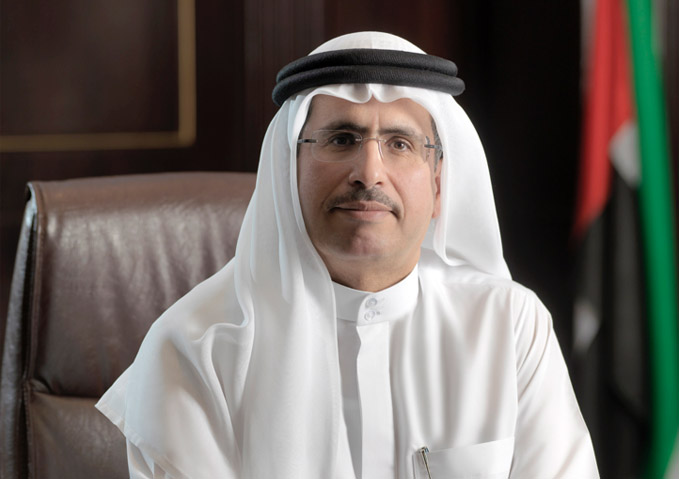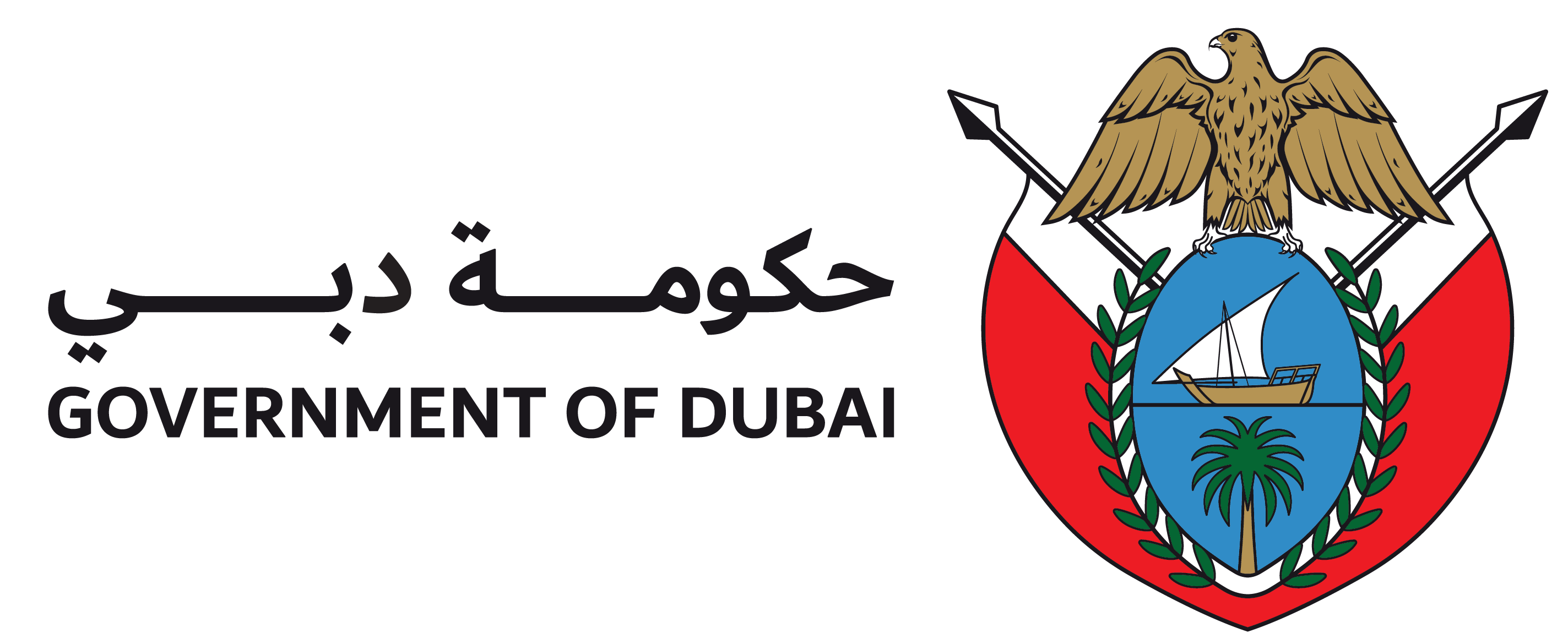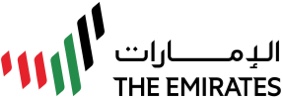Dubai Supreme Council of Energy announces savings of 5.4 TWh of electricity and 9.9 billion gallons of water in its 2020 report on DSM Strategy

In its annual report on the results of the Dubai Demand Side Management Strategy 2030, the Dubai Supreme Council of Energy has announced that Dubai achieved savings of 11.8% in electricity consumption and 7.9% in water in 2020, compared to normal consumption. This is equivalent to saving 5.4 terawatt hours (TWh) of electricity and 9.9 billion imperial gallons of water. These are equivalent to reducing 11.5 million metric tonnes of CO2 emissions or taking 1.2 million vehicles out of Dubai roads for two full years.
According to the report, the per capita level in Dubai continues to witness a consistent decrease in consumption, with an overall reduction of 23% for electricity and 21% for water since 2010. This reflects the strong performance and progress achieved in the Demand Side Management Strategy 2030 over the past years.
“In line with the vision of His Highness Sheikh Mohammed bin Rashid Al Maktoum, Vice President and Prime Minister of the UAE and Ruler of Dubai, to enhance the shift towards a green economy, we move forward with implementing the Dubai Clean Energy Strategy 2050 to provide 75% of Dubai’s total power capacity from clean energy sources by 2050; and the Demand Side Management Strategy 2030 to reduce 30% of electricity and water demand by 2030. This contributes to making Dubai a globally leading hub in demand-side management. These significant savings were achieved through enhancing collaboration and partnerships with key players in the energy and water sectors from pioneering public and private entities,” said HE Saeed Mohammed Al Tayer, Vice Chairman of the Dubai Supreme Council of Energy.
Al Tayer said that the Strategy aims to implement seven mechanisms, namely Policies & Regulations; Data & Measurement and Verification (M&V); Government Support & Leadership; Communication & Engagement; Financing; DEWA Collaboration and Technologies & Innovation. The Strategy also aims at aligning with the scope of the respective charters, roadmaps and targets for each of the Demand Side Management Programmes and Implementing Mechanisms as per the Dubai Demand Side Management Strategy 2030 Update and monitoring and taking action to achieve or exceed the 30% savings target by 2030.
“The Demand Side Management Strategy includes 11 programmes including Green Building Regulations; Building Retrofits; Outdoor Lighting; Efficient Cooling; Energy efficiency standards and labels from the Emirates Authority for Standardization and Metrology; Consumer Behaviour; Shams Dubai; Recycled and Groundwater Demand Management; Efficient Mobility and Smart Charging; and Fuel and Engine Efficiency,” said HE Ahmed Buti Al Muhairbi, Secretary-General of the Dubai Supreme Council of Energy.


